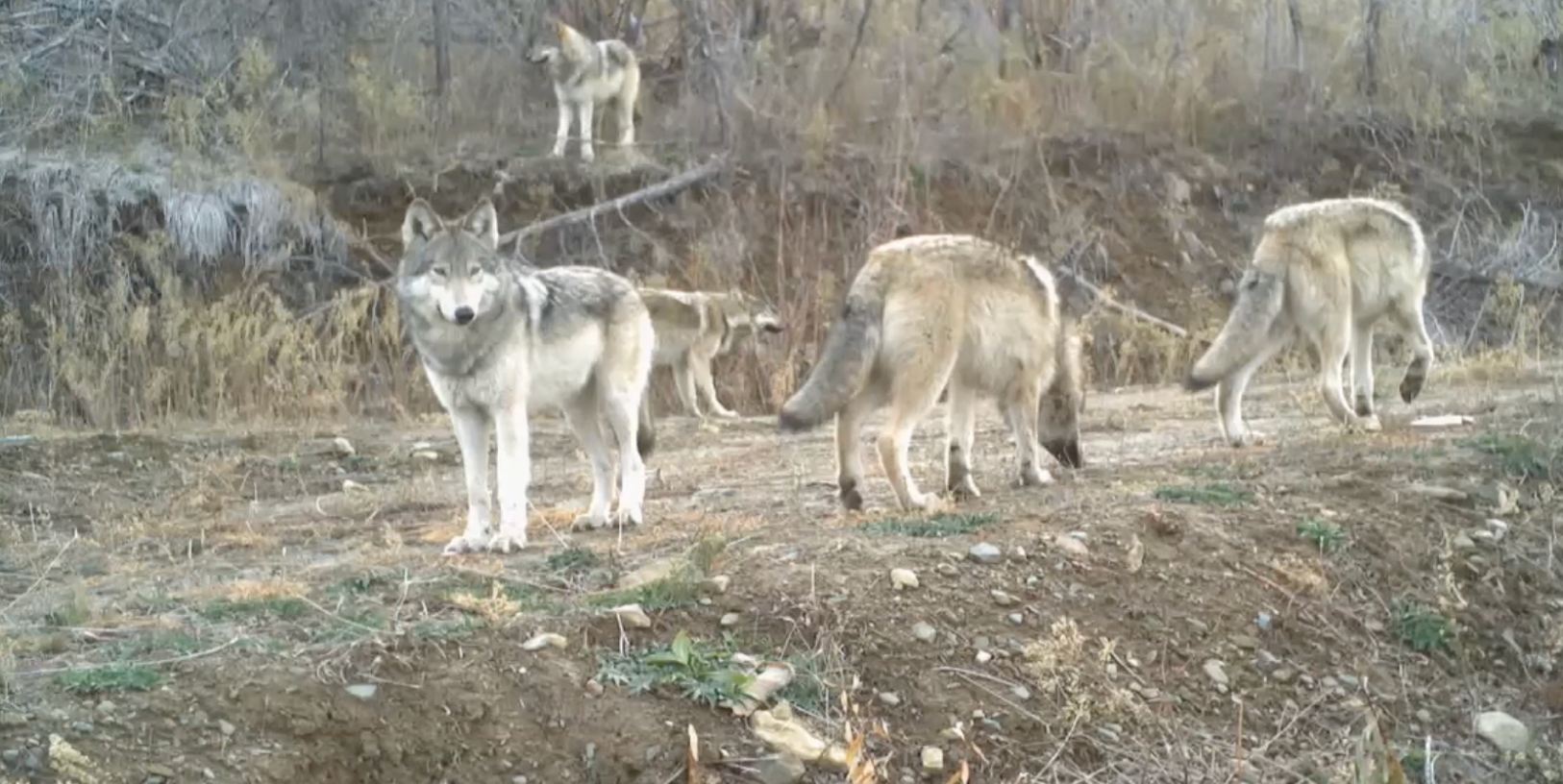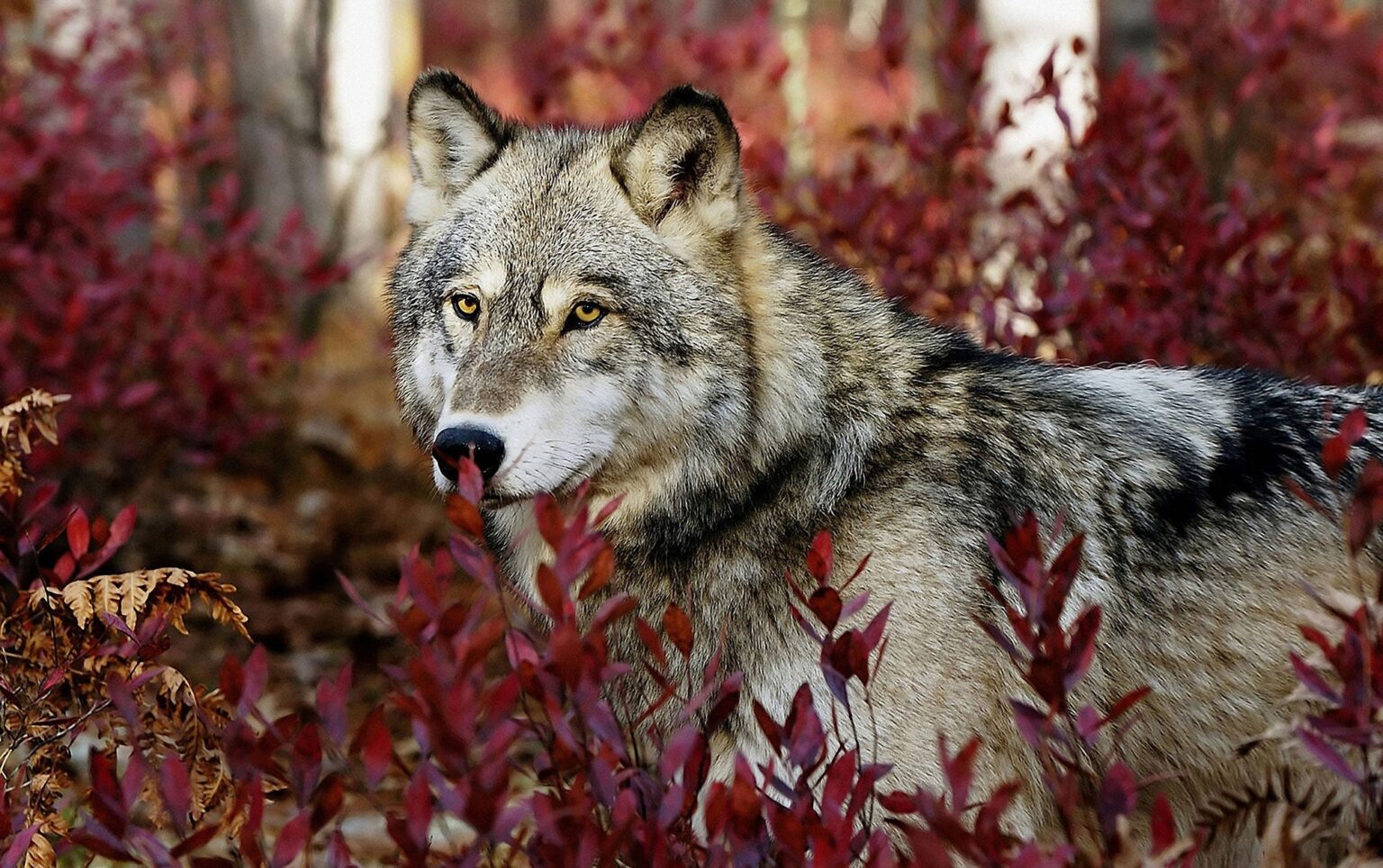Today, Republican U.S. Reps. Tom Tiffany of Wisconsin and Lauren Boebert of Colorado reintroduced the Pet and Livestock Protection Act, aiming to remove the gray wolf from the Endangered Species List.
The bill, backed by 30 members of Congress, seeks to prevent judicial review from overturning this decision and return control over wolf population management to state officials. The legislation previously passed the House on a bipartisan basis but was stalled in the Senate.
Tiffany emphasized the necessity of the bill, stating, “Scientific data, coupled with the rise in wolf attacks in Wisconsin, confirms that the gray wolf population has exceeded recovery goals. Yet, activist judges continue to disregard these facts, leaving livestock, pets, wildlife, and communities vulnerable to further harm. The Pet and Livestock Protection Act will restore management to those who understand local needs best – state wildlife officials — and ensure that out-of-state judges can no longer dictate how Wisconsin manages its wolf population.”
Boebert echoed these sentiments, saying, “Gray wolves are threatening the livelihoods of our ranchers and farmers with attacks on livestock because our agriculture community has their hands tied by out-of-date policies and progressive legal activism. This bill enacts a common-sense solution shared by administrations of both parties and prioritizes the strength of our agriculture community over predators.”
The bill mandates the Secretary of the Interior (a role into which former North Dakota Gov. Doug Burgum was recently confirmed) to reissue the 2020 Department of the Interior rule that delisted the gray wolf in the lower 48 states. It also ensures that judicial review cannot be used to reinstate the wolf’s protected status. In 2020, under the Trump administration, the U.S. Fish and Wildlife Service determined that the gray wolf population had sufficiently recovered, estimating over 6,000 wolves at the time. However, a California judge overturned the delisting in 2022, reinstating protections under the Endangered Species Act. Since then, wolf attacks have risen in Wisconsin for the third consecutive year.

Numerous agricultural stakeholders support the Pet and Livestock Protection Act, including the American Farm Bureau Federation, the National Cattlemen’s Beef Association, and the Wisconsin Farm Bureau Federation.
Garrett Edmonds, director of PLC and NCBA Government Affairs, stated, “The science shows that the gray wolf has recovered, but the proper delisting of the gray wolf has been held up in litigation. The Pet and Livestock Protection Act would finally remedy this problem and allow for better management of the wolf while also protecting rural communities.”
Chris Tymeson, SCI Deputy Director of Advocacy, emphasized the role of state management, stating, “Delisting and appropriate state-based wolf management, as laid out in this proposed bill, are endorsed by the best available wildlife science, U.S. states with significant wolf populations, and the local residents of those states who are affected by wolves.”
The bill has garnered further support from the Congressional Sportsmen’s Foundation, the Mule Deer Foundation, and various state agricultural and wildlife organizations. Proponents argue that the continued judicial interventions have created uncertainty for farmers, ranchers, and conservationists alike.
Wisconsin Farm Bureau President Brad Olson said, “The science is clear — gray wolves have made a remarkable recovery, far exceeding the population goals set when they were listed under the Endangered Species Act. Their removal from the list is a success story and should be celebrated as a testament to the effectiveness of the Endangered Species Act.”
Brady Zuck of the Wisconsin Cattlemen’s Association and Carl Schoettel of the Wisconsin Bear Hunters Association echoed similar concerns about the effects of unchecked wolf populations on livestock and rural communities.
If passed, the Pet and Livestock Protection Act would end judicial reversals of the gray wolf’s delisting and allow states to manage their populations based on scientific data and local needs. Supporters argue that the measure is long overdue, ensuring that states, rather than distant courts, determine wildlife management policies.


